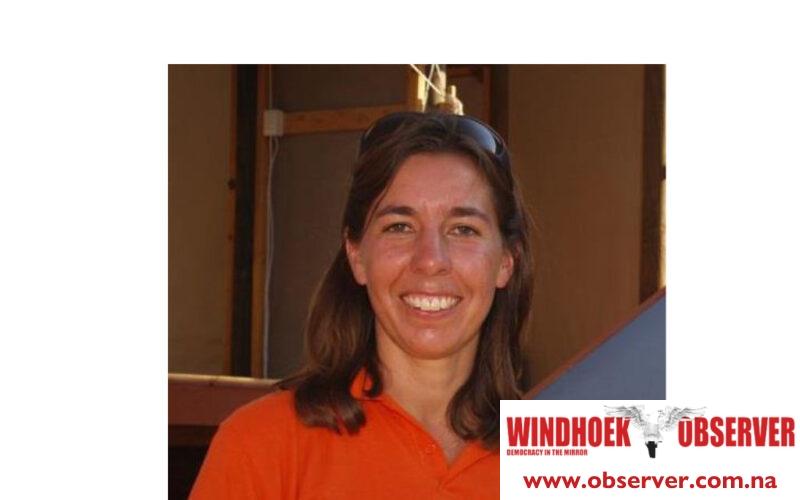Niël Terblanché
The Namib Desert Environmental Education Trust’s (NaDEET), innovative approach to environmental education and its impact on both individuals and Namibian policy received a prestigious international accolade.
NaDEET is a Namibian non-profit organization dedicated to environmental education and sustainable living, that has been honoured with the UNESCO Sultan Qaboos Prize for Environmental Protection.
According to a statement on UNESCO’s website, the award was presented on 20 November 2024 at the World Science Forum in Budapest, Hungary, acknowledging NaDEET’s substantial contributions to environmental conservation and sustainable development.
Established in 2003, NaDEET operates from the NamibRand Nature Reserve, offering immersive programs that teach sustainable living through practical, hands-on experiences.
Participants engage in activities such as cooking meals with solar ovens, conserving water through bucket showers, and recycling waste, transforming theoretical knowledge into lived experiences.
This approach has reached over 16 000 Namibians, creating a deeper understanding of their relationship with the environment.
Co-founder Viktoria Keding stressed the importance of aligning environmental education with practice.
Reflecting on her experiences, she said the disconnect between teaching about environmental conservation and actually practicing it, which led to the establishment of NaDEET’s experiential learning model.
Beyond its educational programs, NaDEET has played a key role in shaping Namibia’s environmental policies.
Between 2017 and 2019, the organization was instrumental in developing Namibia’s National Environmental Education and Education for Sustainable Development (EE/ESD) Policy, the first standalone policy of its kind in southern Africa.
This policy serves as a blueprint for integrating sustainability into education across the nation.
The UNESCO Sultan Qaboos Prize, which includes a US$100 000 award, recognizes outstanding contributions to environmental conservation.




